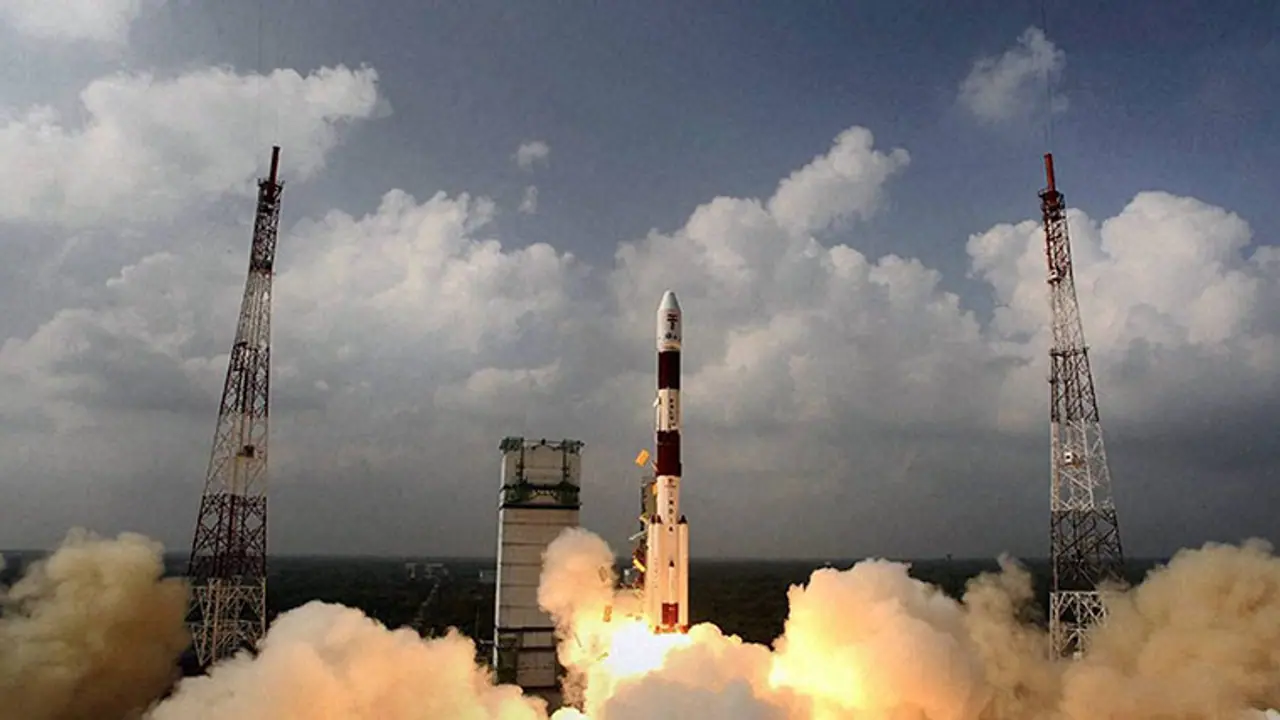ISRO will launch GSLV Mark III-D1 with a payload of four tonnes on June 5. The launch will bring a greater share of the multi-billion dollar global space market to India. ISRO currently has the capability to launch payloads of up to 2.2 tonnes.
India plans to launch next month its most powerful rocket that is capable of transporting a heavier 4-tonne communications satellite and described as a “game-changer” in the first of its kind space mission.

Aiming for a greater share of the multi-billion dollar global space market and to reduce dependency on international launching vehicles, the Indian Space Research Organisation (ISRO) said on Friday it is hoping to launch the Geosynchronous Satellite Launch Vehicle(GSLV) Mark-III in the first week of June.
A successful launch of this rocket will be yet another major step towards being self-reliant in the country’s space programme.
The ISRO currently has the capability to launch payloads of up to 2.2 tonnes into the intended orbit and anything above that it had to tap foreign launch facilities.
“GSLV Mark-III is our next launch. We are getting ready. All the systems are in Sriharikota. The integration is currently going on,” ISRO Chairman AS Kiran Kumar told reporters in Hyderabad.
“The whole process of assembling the various stages and then integrating the satellite into the heat shield, these activities are going on. First week of June is when we are targeting this launch,” he said. The ISRO views operationalisation of this rocket as a “game-changer” mission.
GSLV Mark-III will be India’s most powerful launch vehicle built to lift the heaviest Indian communications satellites to space. It can put satellites weighing 4 tonnes in space, double the weight that the current GSLV-Mark-II can lift.
It will also enable ISRO to launch from India heavier communications spacecraft to geostationary orbits of 36,000 km. Because of the absence of a powerful launcher, ISRO currently launches satellites above 2 tonnes on European rockets for a big fee.
Noting that communications satellites built beyond the capacity of 2.2 tonnes have to be launched from foreign soil, Kiran Kumar said efforts are on to launch satellites upto four tonnes and even beyond in India itself. The GSLV Mark-III is intended to launch satellites into geostationary orbit and as a launcher for an Indian crew vehicle.
It features an Indian cryogenic third stage and a higher payload capacity than the current GSLV.
The satellite would carry Ka and Ku-band payload along with a Geostationary Radiation Spectrometer (GRASP) payload to monitor and study the nature of the charged particles and influence of space radiation on spacecraft and electronic components.
It would also employ advanced spacecraft technologies including bus subsystem experiments in electrical propulsion system, indigenous Li-ion battery and indigenous bus bars for power distribution, among others.
The technology on lithium ion batteries developed by ISRO is good for space programme in terms of cost-effectiveness, but it requires the efforts of industry to develop it to reduce costs, Kiran Kumar said.
